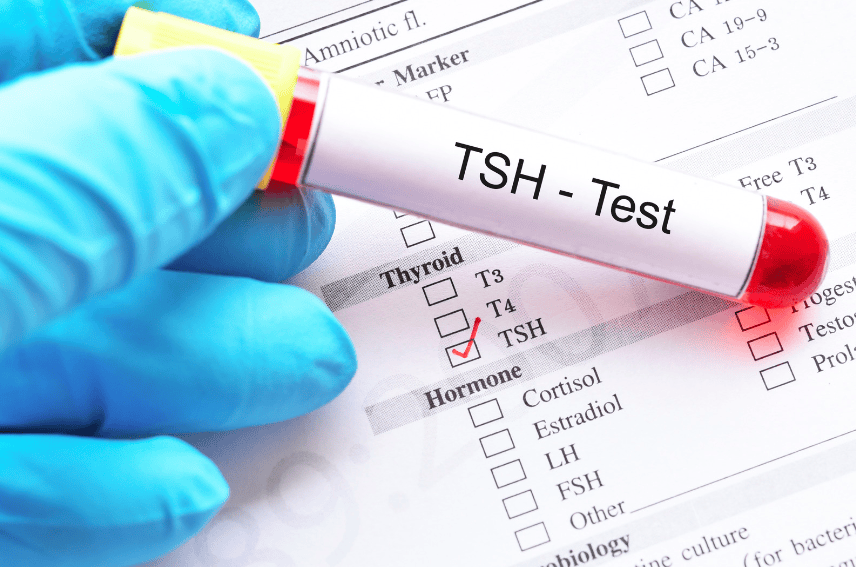The thyroid gland, a small, butterfly-shaped organ located in the neck, plays a crucial role in regulating metabolism, energy levels, and overall health. Disorders of the thyroid gland, such as hypothyroidism and hyperthyroidism, can have significant impacts on well-being if left untreated. Thyroid testing is a crucial tool for diagnosing these disorders early and ensuring appropriate treatment.

Common Thyroid Disorders
Hypothyroidism and hyperthyroidism are two common disorders of the thyroid gland that can have a profound impact on an individual’s health and well-being:
- Hypothyroidism: This condition occurs when the thyroid gland does not produce enough thyroid hormones. Symptoms include fatigue, weight gain, sensitivity to cold, and dry skin. Hypothyroidism is more common in women and can often be managed with thyroid hormone replacement therapy.
- Hyperthyroidism: In contrast, hyperthyroidism is characterized by an overactive thyroid gland that produces excess thyroid hormones. Symptoms may include weight loss, rapid heart rate, nervousness, and tremors. Treatment options include medication, radioactive iodine therapy, or surgery.
Thyroid Function Tests
Thyroid function tests are a group of blood tests that measure how well the thyroid gland is working. These tests can help diagnose thyroid disorders and monitor the effectiveness of treatment. The main thyroid function tests include:
- Thyroid Stimulating Hormone (TSH) Test: TSH is a hormone produced by the pituitary gland that stimulates the thyroid gland to produce thyroid hormones. High TSH levels may indicate an underactive thyroid (hypothyroidism), while low levels may indicate an overactive thyroid (hyperthyroidism).
- Thyroxine (T4) Test: T4 is the primary hormone produced by the thyroid gland. This test measures the levels of T4 in the blood, which can help determine thyroid function. Abnormal T4 levels may indicate thyroid dysfunction.
- Triiodothyronine (T3) Test: T3 is another thyroid hormone that plays a role in regulating metabolism. This test measures the levels of T3 in the blood and can help diagnose thyroid disorders.
Additional Tests for Thyroid Disorders
In addition to thyroid function tests, other tests may be used to diagnose and monitor thyroid disorders:
- Thyroid Antibody Tests: These tests detect the presence of antibodies that attack the thyroid gland, which can indicate autoimmune thyroid disorders such as Hashimoto’s thyroiditis or Graves’ disease.
- Thyroid Ultrasound: A thyroid ultrasound uses sound waves to create images of the thyroid gland. This test can help detect thyroid nodules, enlargement, or other abnormalities.
Importance of Thyroid Testing
Thyroid disorders can have a profound impact on overall health if left untreated. Early detection through thyroid testing is key to managing these conditions effectively. Regular thyroid screening is especially important for individuals with risk factors such as family history, autoimmune diseases, or symptoms suggestive of thyroid dysfunction.
Conclusion
Thyroid testing is a valuable tool for diagnosing and managing thyroid disorders. By understanding the different tests and their significance, individuals can take proactive steps to maintain thyroid health and overall well-being. Regular thyroid screening, in consultation with healthcare providers, can help ensure early detection and appropriate treatment of thyroid disorders.

